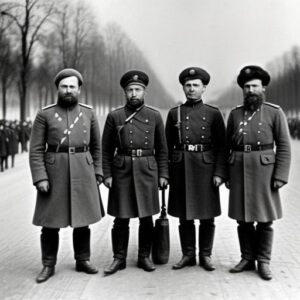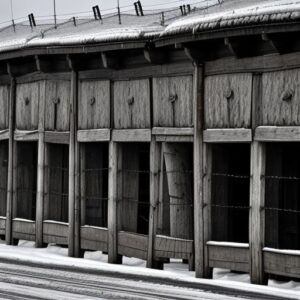The Bolshevik Revolution of 1917 was a seismic event that changed the course of Russian and world history. It marked the overthrow of the Russian Provisional Government and the establishment of the world’s first communist state. This revolutionary movement was led by the Bolsheviks, a radical faction of the Russian Social Democratic Labor Party, under the leadership of Vladimir Lenin. The discontent among the Russian population had been brewing for years due to harsh living conditions, widespread poverty, and the heavy toll of World War I. The February Revolution earlier that year had already ended centuries of tsarist rule, but it was the October Revolution that cemented the Bolsheviks’ power.
In the chaos and uncertainty that followed the collapse of the provisional government, the Bolsheviks seized the moment to promote their vision of a classless society. With slogans like “Peace, Land, and Bread,” they rallied the working class and soldiers to their cause. The revolution wasn’t just a simple change of government; it was a profound social upheaval that aimed to dismantle the old order and create a new world rooted in Marxist ideology.
The impact of the Bolshevik Revolution was felt far beyond Russia’s borders. It inspired other revolutionary movements and fundamentally altered global politics, setting the stage for the ideological conflicts of the 20th century, particularly the Cold War. While the Bolsheviks promised a utopia, the reality was a turbulent transition characterized by civil war, economic challenges, and political purges. Nevertheless, the Bolshevik Revolution remains a pivotal moment in history, symbolizing the power of revolutionary ideas and the complex journey toward social and political change.


